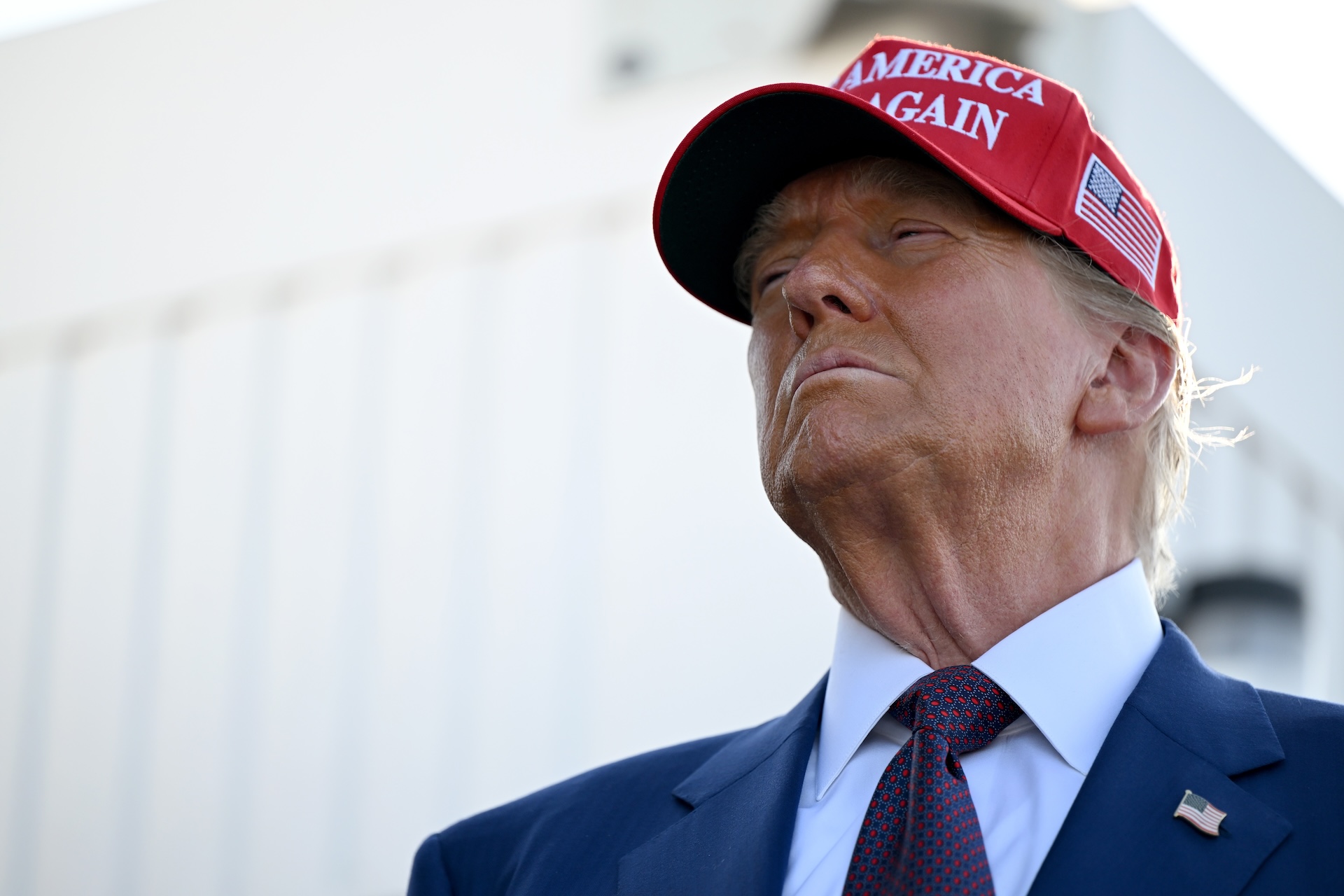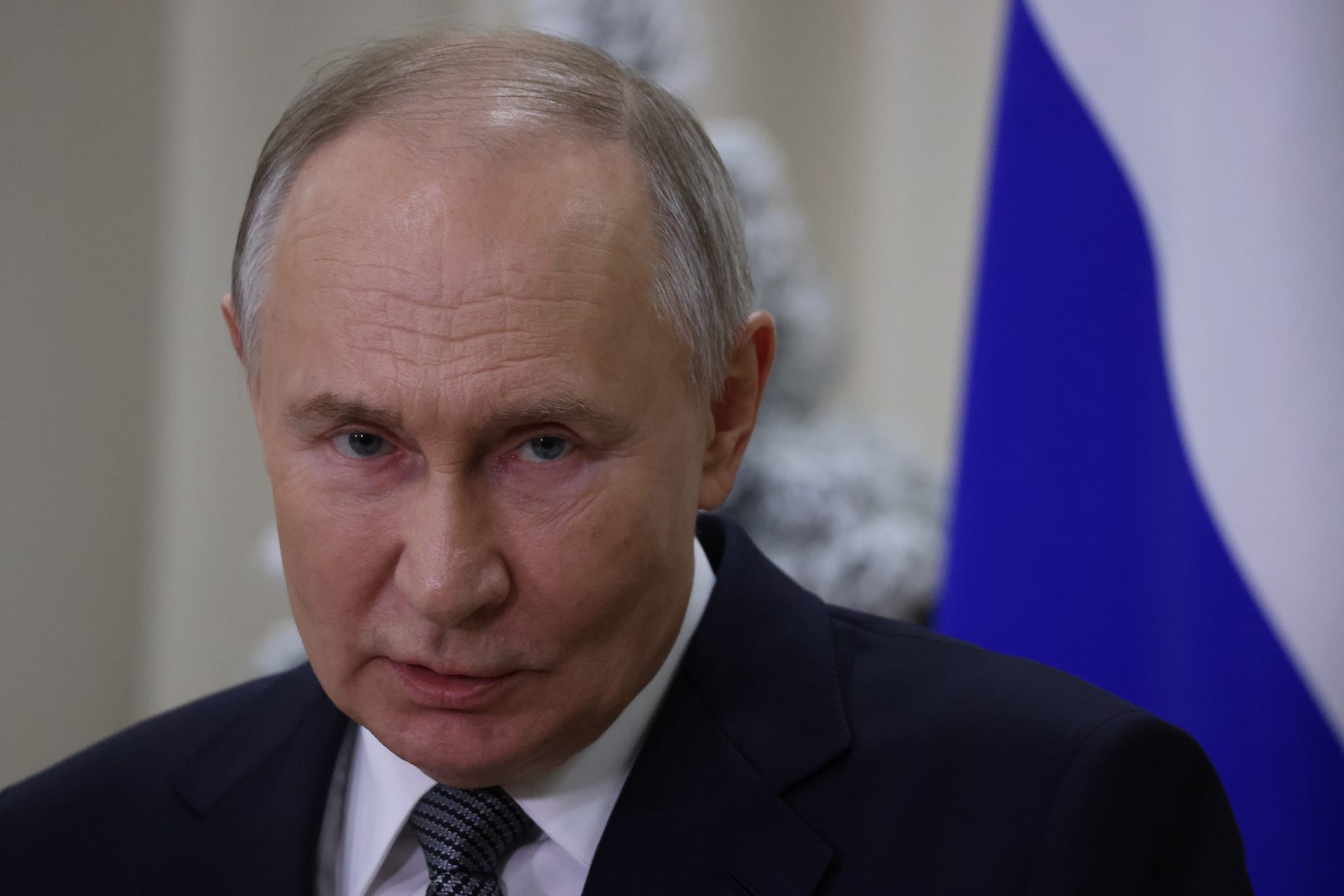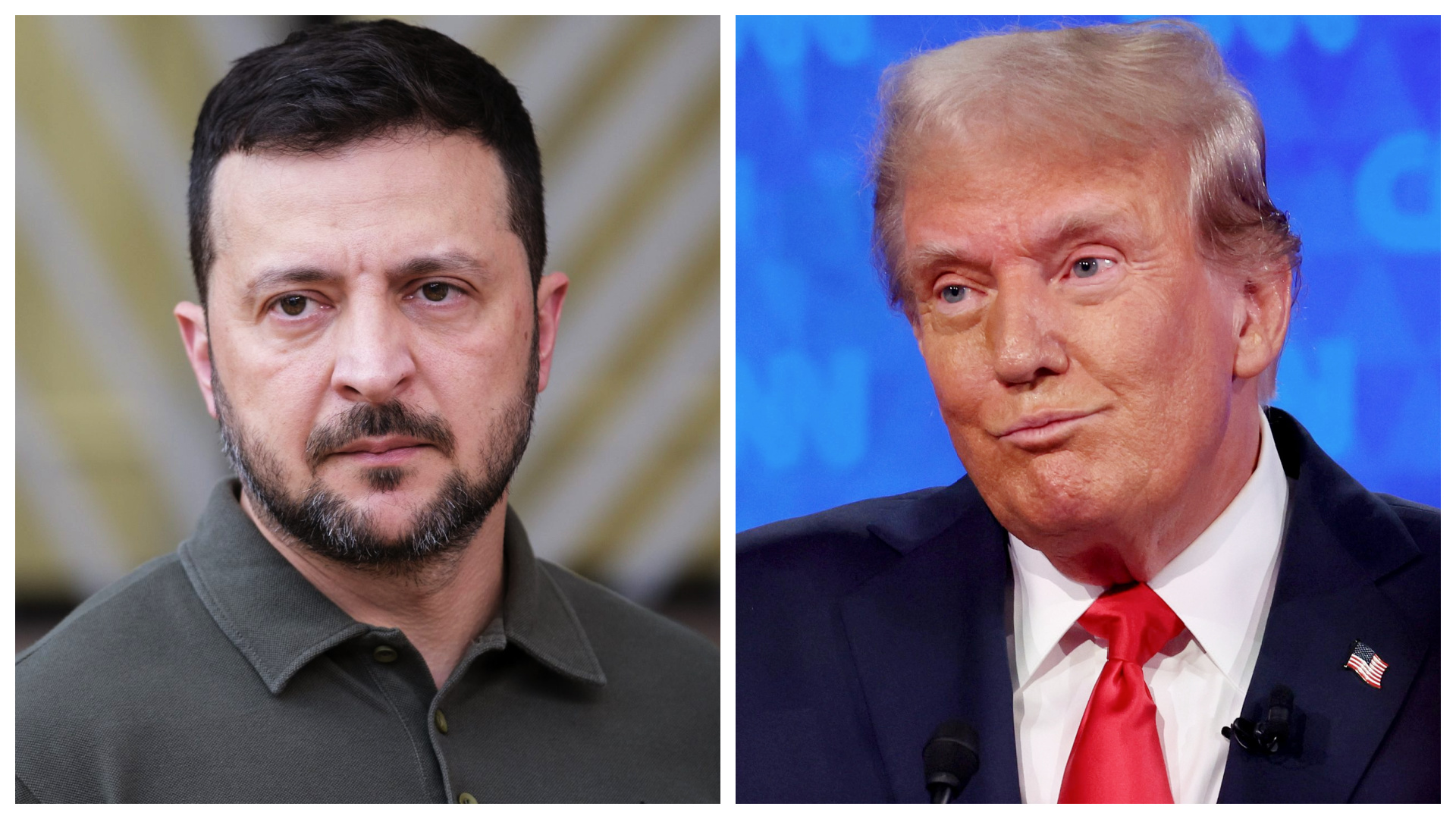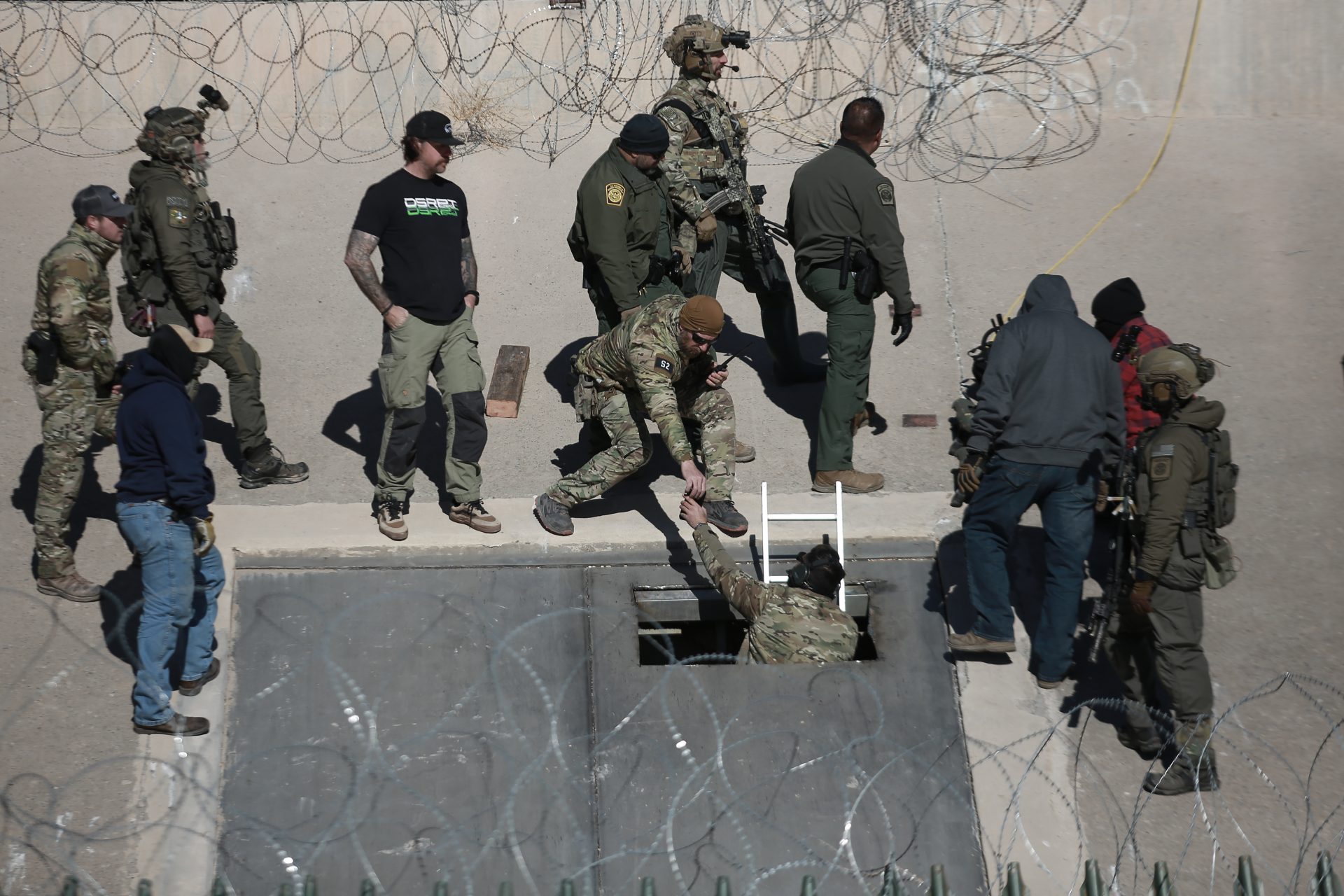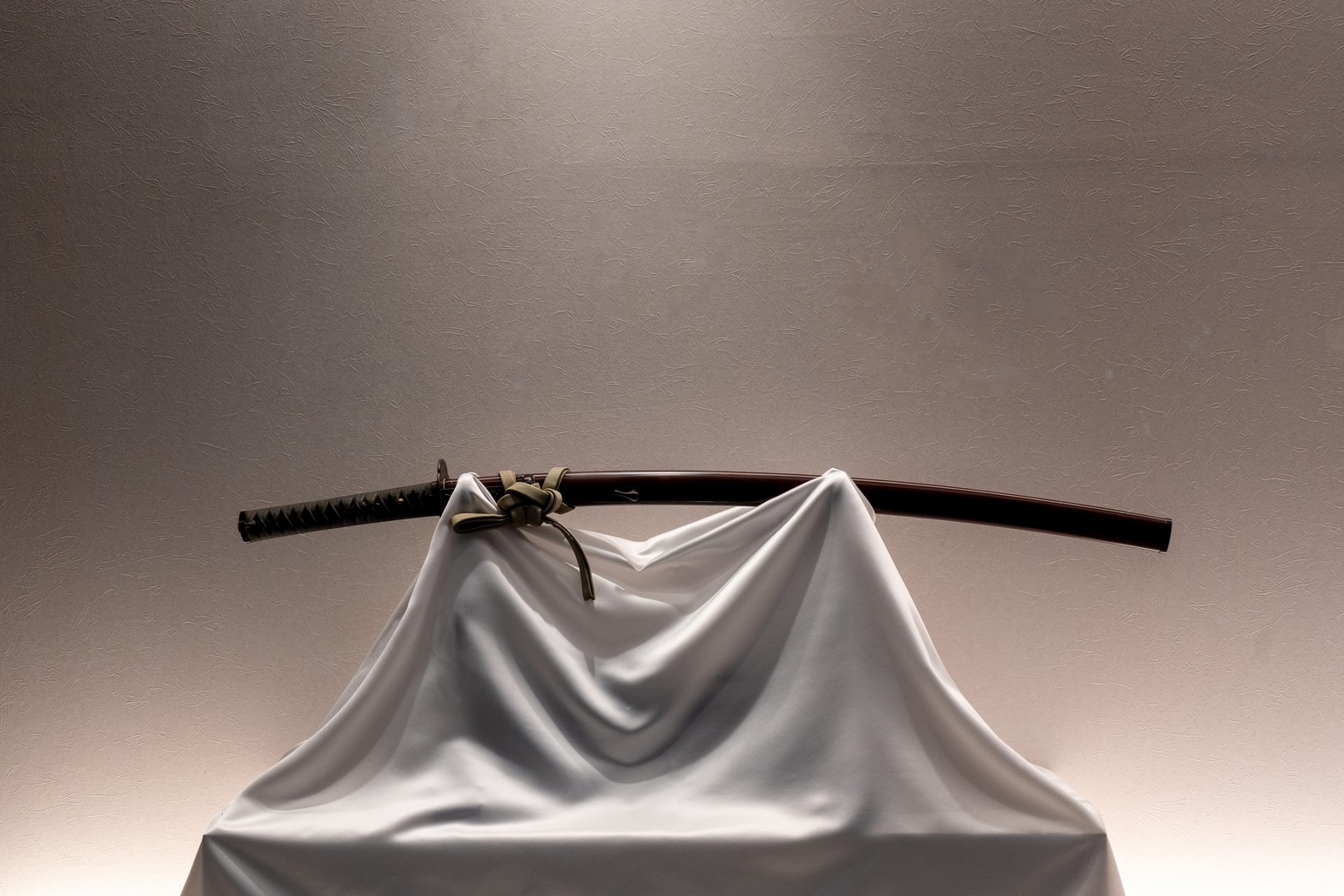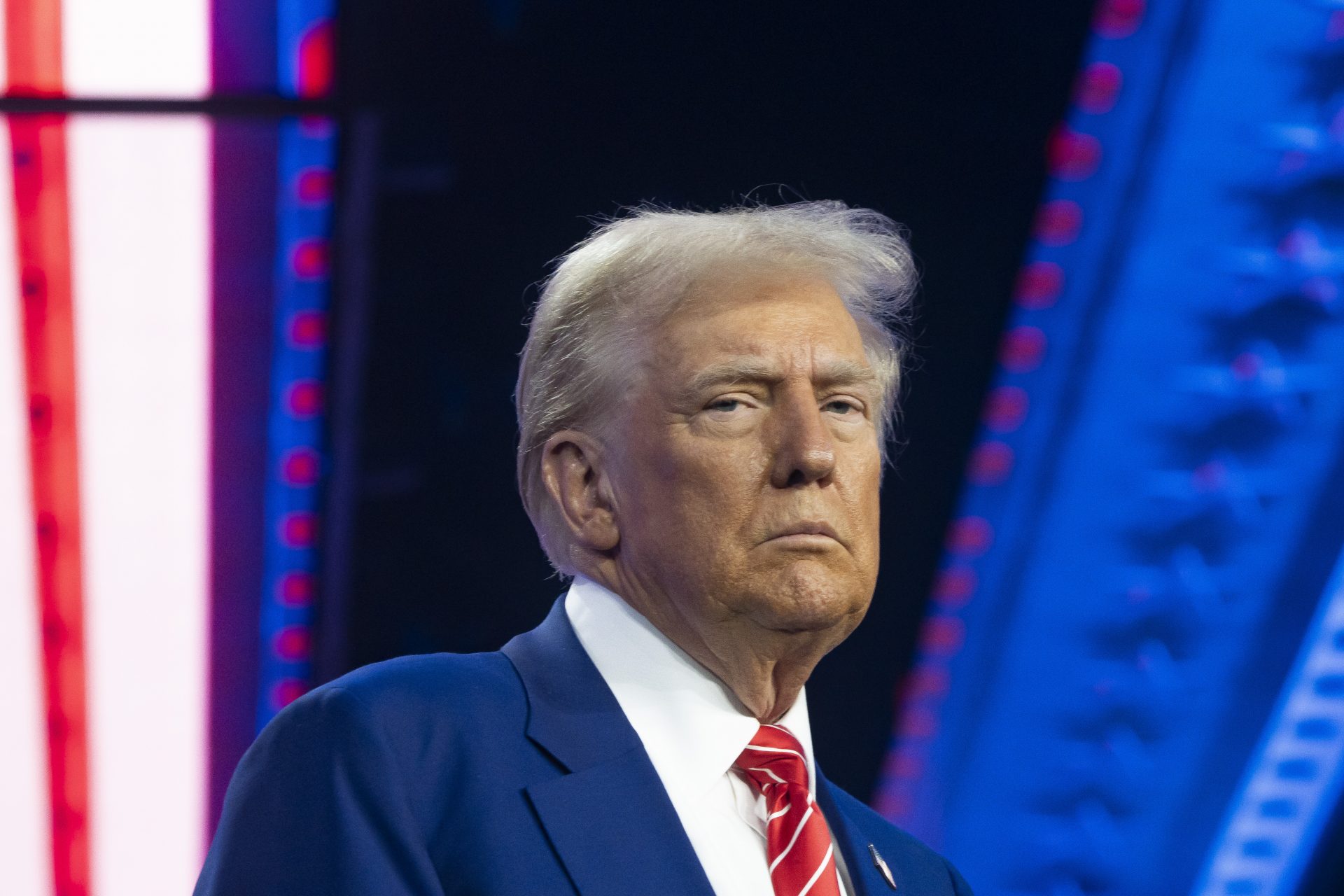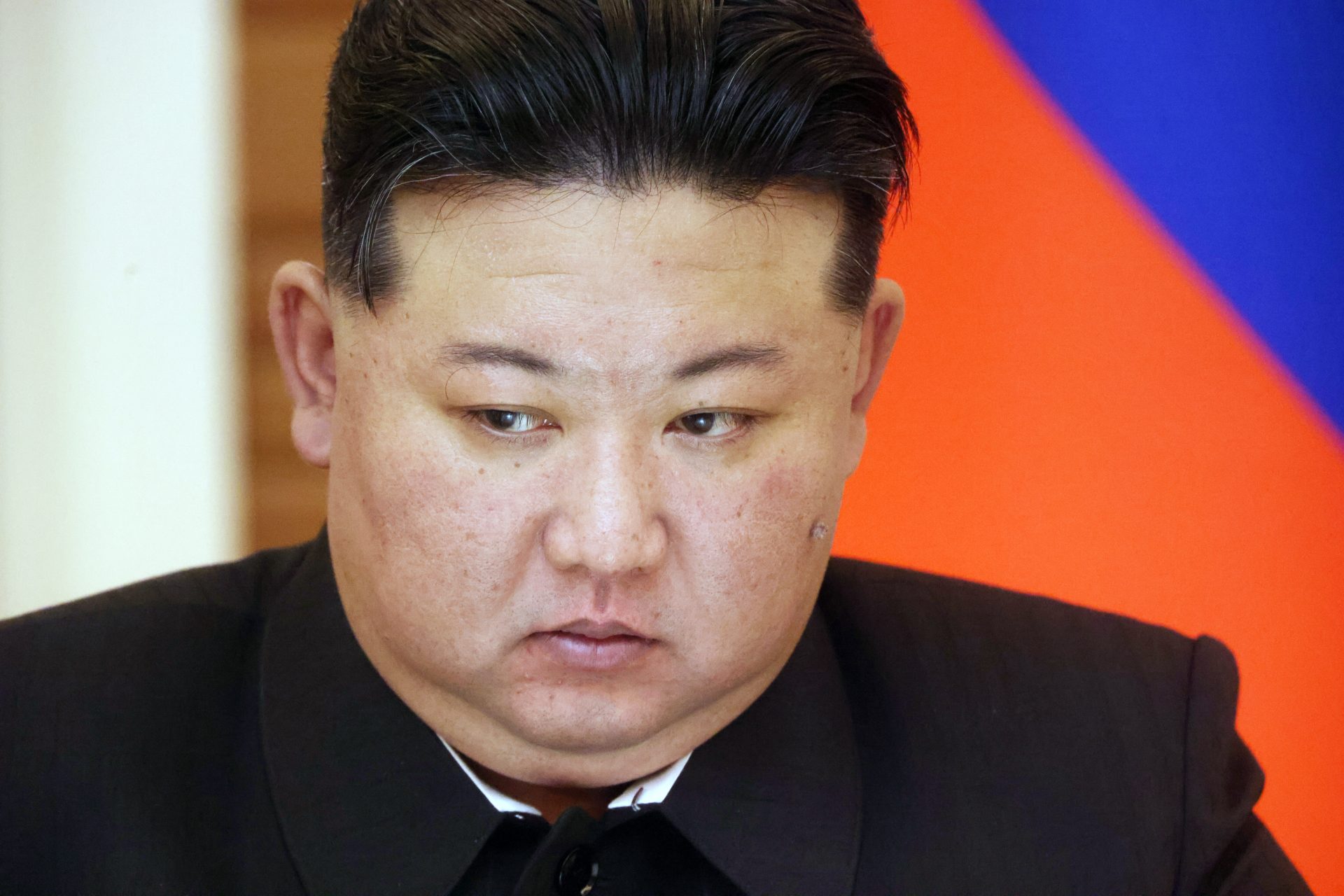A Chinese diplomatic coup in the Middle East could change our world forever
The Chinese led reconciliation between two of the Middle East's most prominent and adversarial powers has been quietly reshaping global politics and transforming our world over the course of the last six weeks, but what happened and why does it matter?
On March 10th, Saudi Arabia and Iran surprised the world when they announced that their two countries had reached an agreement on the restoration of their diplomatic relations after Saudi and Iranian officials met in Beijing to sort out their differences.
The two rivals cut ties in 2016 after Saudi Arabia’s Tehran embassy was stormed by protestors in the aftermath of Shia cleric Sheikh Nimr al-Nimr’s execution according to The Guardian’s Amy Hawkins, but the countries were enemies long before that incident
“Riyadh and Tehran have vied for dominance in the Middle East and been on opposing sides of various regional conflicts, including civil wars in Yemen and Syria,” Hawkins wrote a situation that only reminded in March with help from Chinese mediation.
The deal to reconcile the two nations proved to be the diplomatic coup of the century, bringing together two states that had long been opposed to the other without American assistance, which gave China its first peacemaking diplomatic win on the global stage.
“This is among the topsiest and turviest of developments anyone could have imagined,” wrote Peter Baker of New York Times, who added that it was “a shift that left heads spinning in capitals around the globe.”
“Alliances and rivalries that have governed diplomacy for generations have, for the moment at least, been upended,” Baker continued as he noted the monumental change.
The magnitude of Xi Jinping’s political win is difficult to understand unless you also understand the underlying tensions that exist in the Islamic world. The conflict between Iran and Saudi Arabia wasn’t just one between nations, but also one between beliefs.
The New Yorker's Isaac Chotiner noted that the problems between Sunni Saudi Arabia and Shia Iran are often symbolic of the larger problems in the Muslim world.
“The rivalry between Saudi Arabia and Iran—which is often used as a symbol of the broader tensions between Sunni and Shiite Muslims—has been a key feature of politics and conflict in the Middle East,” Chotiner wrote.
Despite all the bad blood, Chinese officials were able to accomplish something the United States never could during its long history involving itself in the diplomatic affairs of the Middle East, which is something that could prove extremely worrying for our future.
The reason why China was able to achieve a reconciliation between Saudi Arabia and Iran is twofold. First, each nation was able to get something they wanted out of the deal, and second, they were able to deal a blow to American diplomatic power in the region.
Saudi Arabia has been a long-time partner of the United States. But recent troubles with President Joe Biden’s administration have seen tense strain and the Saudis moving closer to their Chinese allies.
Yasmine Farouk is a Non-Resident Scholar at the Carnegie Endowment for International Relations and she noted in a recent paper that Saudi Arabia’s recent move to normalize relations with Iran via China was more than just a great power balancing act.
“Saudi Arabia’s de-escalation with Iran is part of a larger foreign policy focus on supporting its socioeconomic development plan, known as Vision 2030,” Farouk wrote.
Saudi Arabia is investing billions of dollars into its plan to transform itself into a global and regional economic powerhouse according to Farouk, ending hostilities with Iran removes the threat of escalation and thus the threat to the Saudi plan.
Iran also benefits from the deal due to the increasing isolation the nation is facing. International sanctions and domestic strife have left the country isolated and in need of economic support, something Farouk believes China could now provide.
For China, the advantages of brokering a major peace agreement on the world stage are obvious, but Texas A&M International Affairs Professor Gregory Gause explained in a conversation with Isaac Chotiner that the deal reflects “China’s increased importance in the Gulf and Middle East more generally.”
Diplomatically, the only real loser in Saudi Arabia’s reconciliation with Iran is the United States. Getting Iran into a deal was probably always impossible for American officials, the flexing of China's diplomatic muscles on such an important issue has revealed U.S. weakness.
“There is no way around it — this is a big deal,” said Amy Hawthorne, deputy director for research at the Project on Middle East Democracy according to The New York Times.
“Yes, the United States could not have brokered such a deal right now with Iran specifically, since we have no relations. But in a larger sense, China’s prestigious accomplishment vaults it into a new league diplomatically and outshines anything the U.S. has been able to achieve in the region since Biden came to office,” Hawthorne added.
What happens now is unclear. China could be taking on a far more prominent role in the Middle East just as the United States looks to be withdrawing, a situation that could ultimately prove disastrous if regional tensions aren’t properly managed.
More for you
Top Stories

























